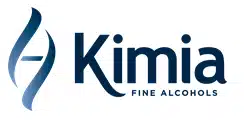Drug discovery and development firm CytoReason has announced that it has signed a collaboration agreement with Pfizer to provide research support to the pharmaceutical company.
CytoReason specialises in machine learning models, and will work with Pfizer by using its machine learning model for the immune system to aid the firm’s drug discovery efforts.
The company’s platform creates a cell-based model of the trial-specific immune response by integrating lost cellular information from gene expression data with additional omics and literature data, as well as associating genes to specific cells.
This model is then integrated with the firm’s disease model, to enable the machine to learn and improve. As a result, CytoReason’s platforms provide “robust target discovery, drug response biomarkers and indication selection”.
For companies such as Pfizer, this can help them to prioritise areas of development in relation to specific diseases or drugs, making the development process quicker and ultimately helping patients access effective new treatments more quickly.
Chief scientific officer for inflammation and immunology at Pfizer Michael Vincent commented: “We believe that CytoReason’s platform has the potential to offer valuable insights that may be applied to our research into the human immune system.”
CytoReason’s technology can be used for cancer immunotherapy, autoimmune, neurodegenerative and infectious disease research.
A recent article for CIO Applications pointed out that machine learning and artificial intelligence present opportunities to change the field of drug discovery and development. According to the publication this technology can help resources and money be more effectively directed towards the development of drugs that are more likely to be effective.
Therefore both types of technology are expected to play an increasingly important role in pharmaceutical research and development.
If you need an ethanol supplier for your pharmaceutical research business, get in touch with us today.










